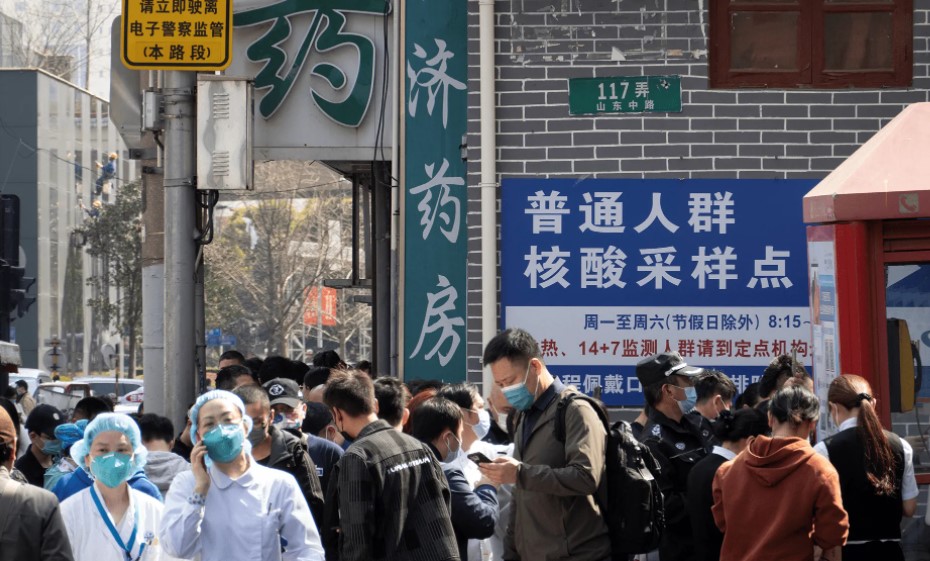
China’s ranking in global health indices leaves much to be desired. The World Health Organization places this country in position 144 within its indices. The reasons have to do mainly with the inconsistency between health standards in the countryside and in large cities. Other specialized publications are more generous with the Asian giant in terms of its citizens’ health care rates. In 2021, the magazine CEO Magazine placed China in 47th place. The first country in the world according to this publication would be South Korea followed by Taiwan, Denmark, Austria, Japan, Australia, France, Spain, Belgium and the United Kingdom. To just cite the Latin American countries that surpass China in policies and efficient management of the health system, these are Ecuador, Mexico, Colombia, Uruguay and Chile.
The Asian colossus, however, spends 5.5% of its domestic product on health care, but the number of doctors in relation to the population remains low: 1.6 doctors for every 1,000 citizens. Suffice it to say that the countries of the Organization for Economic Cooperation and Development have a ratio of 3.5 doctors per 1,000 inhabitants.
The SARS pandemic that broke out in Guangdong in 2003 raised alarm bells in Beijing about the need for substantial reform of health-related policies, and many strategies have been formulated since then. The authorities proudly maintain that in the last decade no country in the world has advanced as much as China in improving health issues. The fact is that while the Chinese government assures that 95% of the population of 1,400 million has access to basic health, the health deficiencies are the same as those of any underdeveloped country.
In essence, these weaknesses have to do with a weak health insurance system, the insufficient supply of medical services in the country, the lack of measures to increase the operating capacity of hospitals, the poor management of the scarcity of medical materials and of protective materials and the slowness of the industry to respond to government demands in cases of crisis.
The paradox is that while vast masses of the rural population remain on the fringes of modern hospital care, the country has the most powerful electronic health monitoring and real-time infection assessment system in the world, characterized by an immediate notification model, transparent and complete. Likewise, China’s scientific research capacity surpasses that of many developed countries in the world.
What has become evident with the recent forced quarantines in major cities is that the authorities advocating the Zero Covid strategy feel that even the system is not robust enough. In prosperous urban centers, the hospital network does not have the capacity to accommodate the immense mass of infected that could occur. It is therefore necessary to prevent, at whatever cost, that contagions become unmanageable.
In conclusion, despite indices that are not favorable, health is indeed a priority for leaders in Beijing. This is a vital component of social stability and the cohesion of the population around their rulers.
















